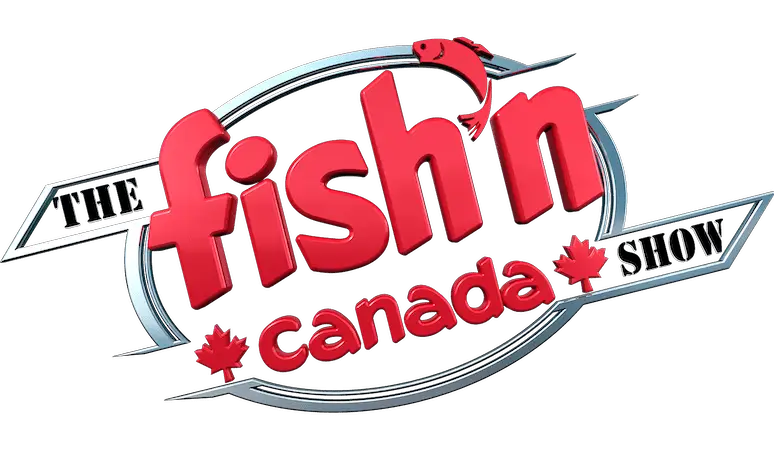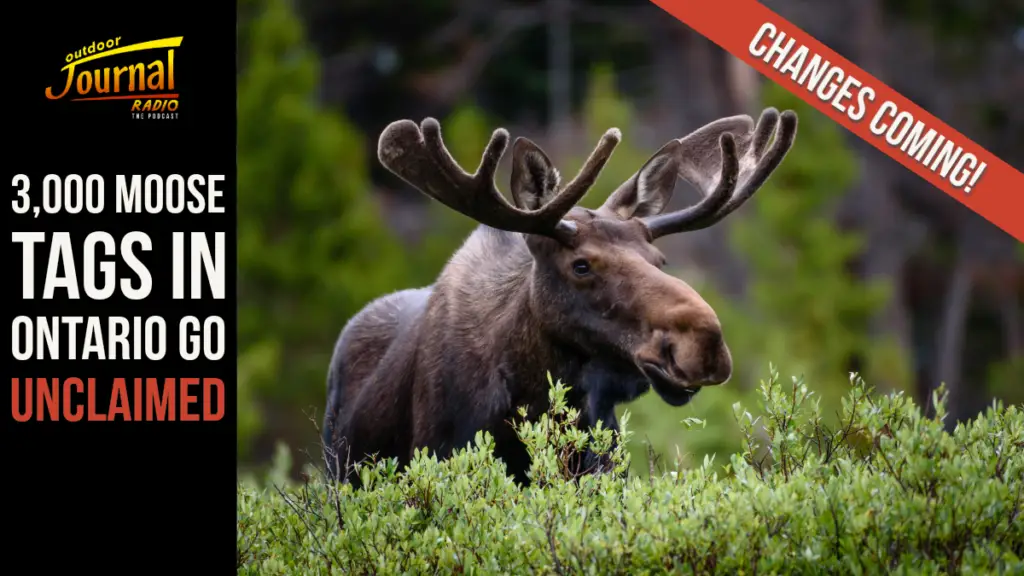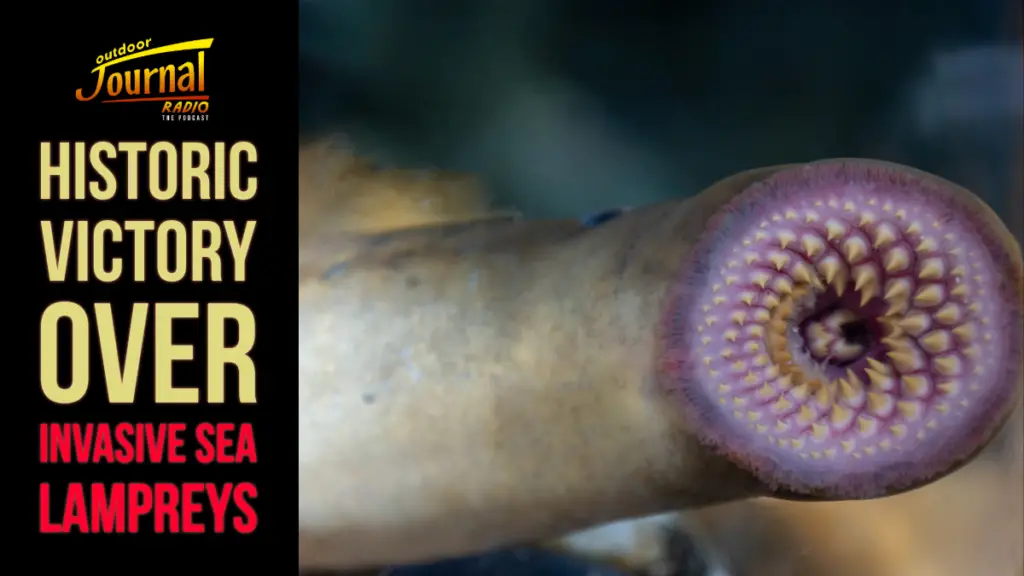Ontario’s points-based system for allocating moose tags has a major flaw: thousands of hunting tags go unclaimed every year.
Introduced four years ago to make the process fairer, the system has unintentionally led to inefficiencies. Now, the Ministry of Natural Resources is proposing updates to address the problem.
“We knew from the start that there would be kinks to iron out and adjustments to make,” said John Kaplanis, Executive Director of the Northwestern Ontario Sportsmen’s Alliance, a group that advocates for hunters and anglers.
The current system allows hunters to accumulate points for every year they apply for a tag but don’t receive one, with the point system retroactively applied back to 1983. While hunters with the most points are prioritized, they lose all their points upon receiving a tag, no matter how many they’ve accumulated.
Hunters can list up to three preferences, selecting their desired wildlife management unit (WMU) and whether they want a bull, cow, or calf tag. Unallocated or unclaimed tags in the first phase are offered again in a secondary allocation phase.
In this second phase, first-choice tags are awarded based on points, but second and third choices are randomly assigned without affecting hunters’ points. However, many tags still go unclaimed, ultimately wasting opportunities.
3,000 Tags Go Unclaimed Each Year
Mark Ryckman, policy manager with the Ontario Federation of Anglers and Hunters, said that since the system was implemented, approximately 3,000 tags have gone unclaimed annually.
“Hunters have until the very last day of the season to claim their tags, and we’ve seen a lot go unclaimed,” Ryckman explained. “This could be because some hunters have more tags than they need, or because life circumstances prevent them from hunting. These unclaimed tags include both less desirable ones, like calf tags or remote northern WMUs, and highly sought-after tags, like bull tags for gun hunts.”
Ryckman added that the system “creates incentives for hunters to not claim their tags,” a flaw that has been identified as a key problem.
Proposed Changes to Improve the Process
The MNR is now suggesting changes designed to reduce unclaimed tags and ensure they are distributed to hunters who will use them. These changes include:
Points Deduction for First-Choice Tags
Hunters awarded a tag for their first choice during the second allocation phase will lose all their points, whether or not they claim the tag.
Earlier Deadline for Claiming Tags:
Hunters will need to claim tags before the moose hunting season begins, preventing last-minute unclaimed tags.
Third Allocation Phase:
Unclaimed and unallocated tags will be offered for purchase on a first-come, first-served basis. These tags will not affect hunters’ points, and they will be available between late August and mid-September. Modern systems will be used to streamline the purchase process and eliminate long wait times.
“The goal is to change how hunters approach applications, so fewer people apply for tags they don’t plan to claim,” Ryckman said. “The third phase is not a draw but a first-come, first-served process.”
Ensuring Tags Reach Hunters
While details of the third allocation phase are still under development, there is ongoing debate about whether a first-come, first-served system is the best approach. Nonetheless, the OFAH supports the MNR’s efforts to address the problem of wasted tags.
Kaplanis also expressed optimism about the proposed changes, saying they will “help ensure tags end up in the hands of hunters who will use them.” He emphasized, however, that hunters have diverse opinions: “If you put 10 hunters in a room, you’ll get 10 different ideas about how moose management and the tag system should work.”
The MNR is gathering feedback on these changes through the Environmental Registry of Ontario until Nov. 22.
Want more information on the Ontario moose season? Check out our interview with the MNRF:








